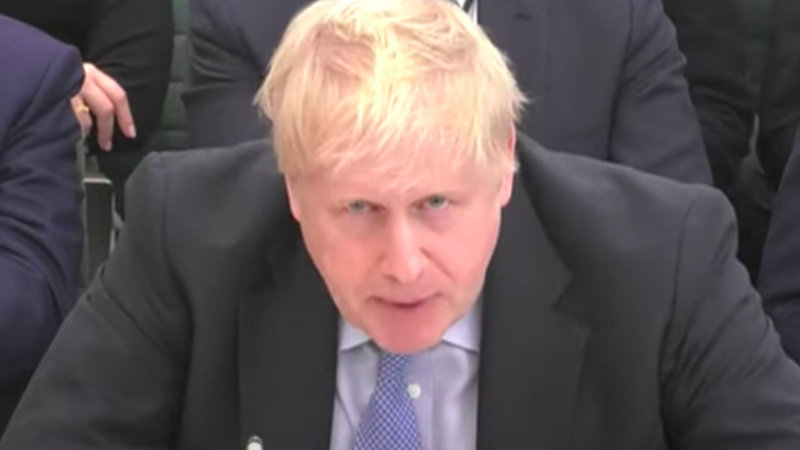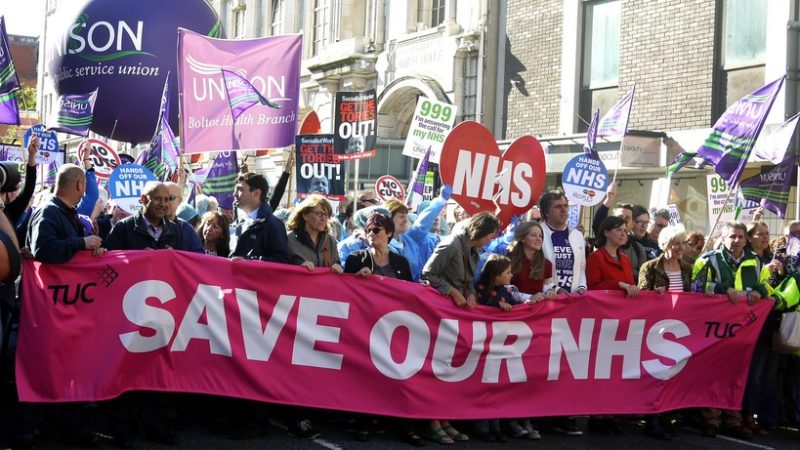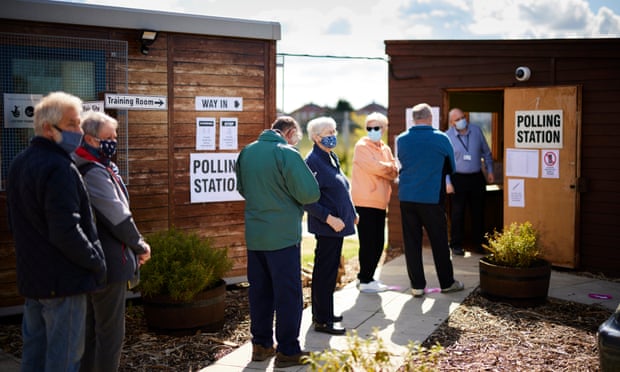Left Foot Forward on Rishi Sunak, Boris Johnson, climate activists and Liz Truss
Tory Party members deliver scathing verdict on Rishi Sunak’s cabinet, with record negative rating

Tory Party members have delivered a scathing verdict on Rishi Sunak and his cabinet, with a record number of ministers given a negative approval rating, according to the Conservative Home website.
It’s a further sign of just how unpopular Sunak and his government are, ahead of the May 2nd local elections, as pressure continues to mount on the Prime Minister.
The latest survey of Tory members conducted in March, shows that 12 ministers have negative ratings, that is up from 11 the month before.
At the bottom of the table is Michael Tomlinson, illegal immigration minister, with a negative rating of 43.1, with Rishi Sunak next at -27.7.
The Prime Minister is then followed by chancellor Jeremy Hunt on minus 22.7, with Michael Gove on -14.3 and Oliver Dowden on -12.0. Lord Cameron is on -7.8.
…
Tories plot shock political comeback for Boris Johnson

The plot shows just how out of touch and deranged the Tory party is.
A group of Tory MPs is plotting to bring Boris Johnson back in to a senior role with the Conservative Party and also want to replace Prime Minister Rishi Sunak with Suella Braverman.
The plot, which the Sun is reporting has been hatched by the Conservative Democratic Organisation (CDO) – a powerful Tory members group, comes as Sunak continues to face mounting pressure with the Tories trailing the Labour Party in the polls by around 20 points.
With local elections taking place on May 2nd, it’s expected that there will be another push by Tory rebels to oust Sunak should the party perform badly. Some analysts have predicted that the Tories could be set to lose 500 council seats in the upcoming local elections on May 2nd. That’s half of the party’s councillors facing election.
…
Climate activists drop giant banner on Westminster Bridge in pre-election warning to MPs

Campaigners are demanding an end to the ‘toxic influence’ of oil money in UK politics
Activists dropped a massive banner over Westminster Bridge this morning to launch a new campaign vowing to challenge MPs who accept oil money in the run-up to a general election.
As MPs return to parliament after the Easter recess, climate campaigners have issued a warning that they will be holding politicians to account to end the “toxic influence” of fossil fuel lobbyists in Westminster.
Campaigners for the Stop Polluting Politics movement said they will challenge current and prospective MPs to reject donations from high-polluting industries as they argue the influence from Big Oil is leading to the rollback of key climate policies.
It comes as the UK Government came under huge criticism for announcing over 100 new oil and gas licences, while it was revealed the Tory Party received £3.5m from polluters and climate deniers in 2022.
…
Shameless Liz Truss refuses to rule out running for Tory leader again saying she has ‘unfinished business’

Labour said the prospect of her returning as leader “will send shivers down the spine of working people”.
Shameless Liz Truss who became Britain’s shortest-serving Prime Minister after her disastrous economic policies resulted in her being booted out of office after just 49 days, has refused to rule out running again for leader of the Tory party.
Truss, who has shown no humility after wrecking the economy with her mini-budget, which saw mortgage rates spiralling and resulted in the pound plummeting in value, believes she has ‘unfinished business’.
The former Tory party leader made the comments during an interview with LBC, while promoting her new book, ’10 years to save the West’, which is out today.
…
Top 5 utterly bizarre comments Liz Truss made during her book promotion
Liz Truss was all over the airwaves today while promoting her new book ‘Ten Years To Save the West’ making a whole number of bizarre and eyebrow-raising claims.
The Tories are trying to be ‘fashionable’
When asked about the government’s climate policies (forget the numerous recent climate policy rollbacks) Truss believed the government had a “ruthless Net Zero agenda” which she claimed was “ruining the economy”. She went on to say it was all down to the Conservatives wanting to “appear fashionable, rather than basing what they’re doing on their principles”. Not sure that’s going very well for them.
The ‘Left smear’ against her
The former-PM made the claim that the backlash against her mini-budget wasn’t due to its disastrous impact on the UK economy and millions of UK households, but in fact down to a ‘smear’ campaign by the Left.
The former PM who seems to lack any sense of self-awareness claimed on LBC the Left were “smearing” her by blaming everything wrong with the economy on her mini-budget.
“What they are saying is not born by the facts, It’s a smear,” Truss said. “I’m countering it and a lot of economists are countering it.
“In the same way they say the government was trying to abolish the forests, they are trying to smear me with economic results that I’m clearly not responsible for.”
…



